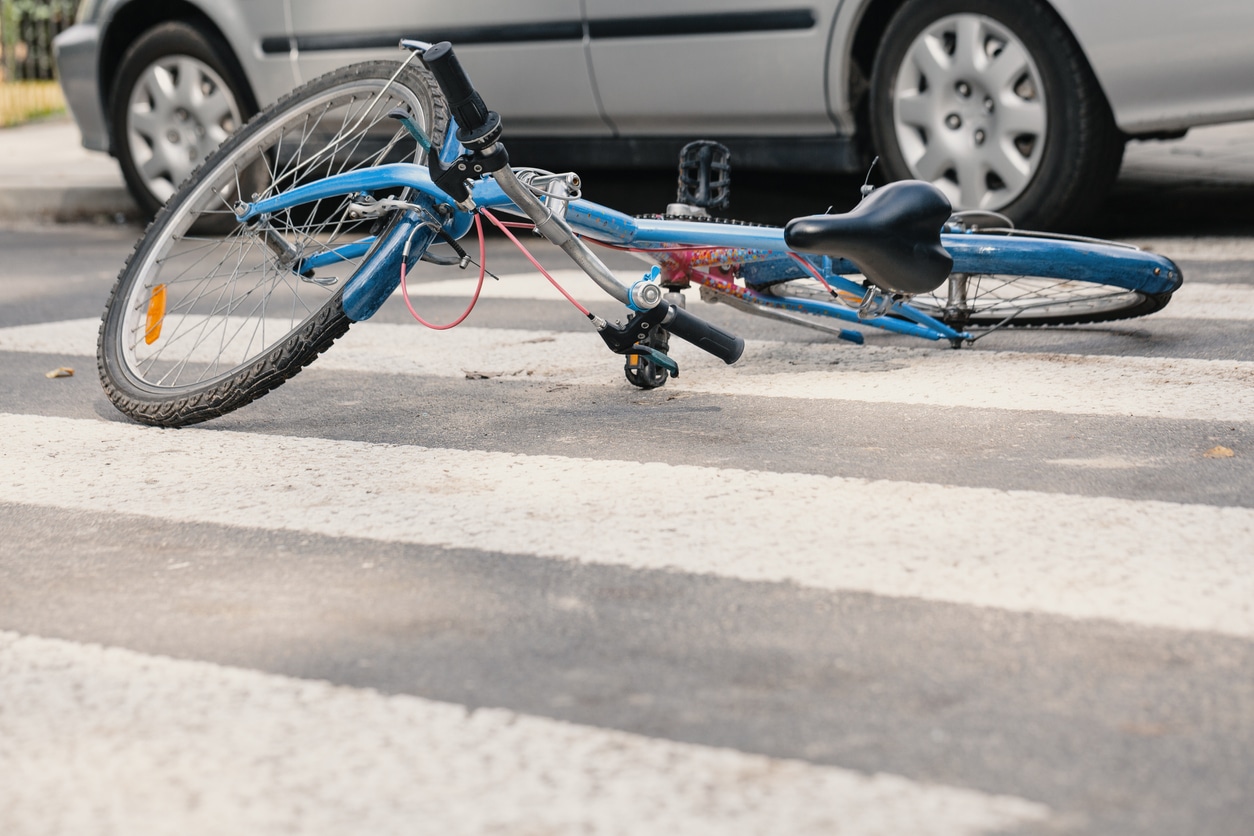When most of us ponder the specter of driving under the influence (DUI), our minds instinctively conjure images of motor vehicles: cars, trucks, and motorcycles cruising down the open road. But what if I told you that thrill-seekers on two wheels, specifically bicycles, are also at risk of encountering legal ramifications while enjoying a leisurely ride? In California, the laws surrounding bicycle DUIs may surprise you, inviting a natural curiosity and prompting a shift in the way one might perceive cycling safety.
At the outset, it’s imperative to clarify the legal landscape in California concerning DUI laws. The California Vehicle Code, particularly Section 21200.5, is at the heart of this topic. This statute explicitly outlines that a bicyclist can indeed face DUI charges if operating their bicycle under the influence of alcohol or drugs. So, while you might think you’re relatively safe while pedaling, the law has streamlined its reach to encompass all modes of transport, including the humble bicycle.
Understanding the implications of this law requires delving deeper into the nuances. A bicyclist must navigate the delicate balance between personal freedom and legal accountability. In essence, just because two wheels are underfoot rather than four does not insulate one from the consequences of impaired operation. In fact, statistics have shown that a significant portion of bicycle accidents involve intoxicated riders, leading to a ripple effect of injuries and fatalities that could have been avoided.
The figures are eye-opening. According to various studies, cyclists with a blood alcohol concentration (BAC) of 0.08% or higher are just as at risk for a crash as their motorized counterparts. The sobering reality is that factors like coordination, reaction time, and spatial awareness are significantly impaired under the influence. Consequently, the legal course of action is not only a matter of protecting the individual but also safeguarding other road users.
Now, let’s pivot to the procedural aspects of what happens if you’re pulled over while biking. A law enforcement officer might approach you if they observe erratic riding behavior, such as swerving, running signals, or otherwise failing to maintain a straight trajectory. Upon suspicion of intoxication, the officer has the discretion to administer a series of field sobriety tests. These tests could involve balancing maneuvers or the classic heel-to-toe walk. If an officer chooses to conduct a breathalyzer test and you blow a BAC of 0.08% or higher, you could find yourself facing a DUI charge.
It’s also crucial to note the potential penalties associated with a bicycle DUI in California. While the repercussions may appear somewhat less severe compared to a car DUI, they are substantial nonetheless. A conviction can lead to fines, mandatory alcohol education classes, and even community service requirements. Recidivism can further exacerbate these penalties, with subsequent offences resulting in harsher consequences. This is particularly relevant because a DUI conviction—biking or driving—can affect your criminal record, insurance premiums, and even your employment prospects.
Given these consequences, one might wonder about the legal strategies available if caught in this situation. Seeking the counsel of a seasoned DUI attorney could prove indispensable. They can analyze the specifics of your case, including the validity of the traffic stop or the legitimacy of field sobriety tests administered. Additionally, an attorney may be able to negotiate reduced penalties or even explore alternative sentencing options, which may provide a remedy for first-time offenders.
Furthermore, the contextual environment plays a significant role in the discourse surrounding biking and DUIs. Cycling often evokes images of vibrant outdoor excursions, health consciousness, and eco-friendliness. However, the reality is that many cyclists underestimate the risks associated with drinking and cycling, viewing it as less perilous compared to operating a car. This common misjudgment can lead to a cavalier attitude toward alcohol consumption, consequently increasing the likelihood of bike-related incidents and legal repercussions.
Consequently, fostering a culture of awareness and responsibility among cyclists is paramount. Educational initiatives and community programs aimed at promoting sober cycling might assist in transforming perceptions about riding under the influence. Emphasizing the enjoyment of cycling as an accessible, healthy activity devoid of substance impairment can serve as a powerful reminder of personal and communal safety.
At the heart of this discussion lies the question: how will you choose to ride? Will you remain blissfully unaware of the broader implications or take a conscious step towards embracing responsible cycling? The decision is yours, but the potential outcomes—both positive and negative—are clear. Engaging in mindful cycling can not only enrich your personal experience but also create a safer community for all road users, increasing the likelihood of a spirited, injury-free ride.
In conclusion, while biking offers a wonderful way to explore the outdoors, it is essential to acknowledge that the responsibilities that come with it are equally crucial. So, the next time you consider hopping onto your bike after a few drinks, take a moment to reflect. The possibility of a DUI may feel distant, yet the risks underscore the importance of safe riding practices. Stay sober, stay safe, and enjoy the ride.
